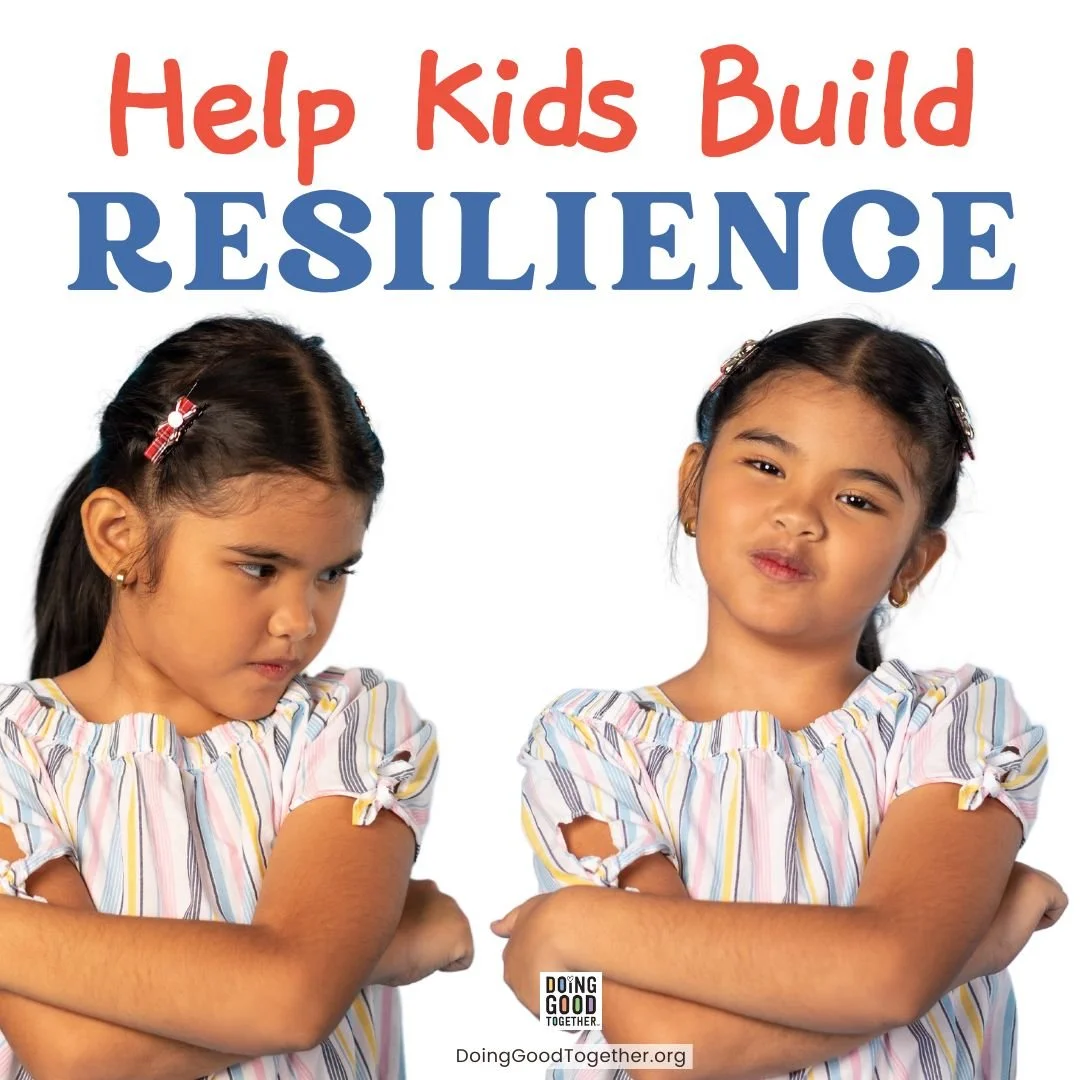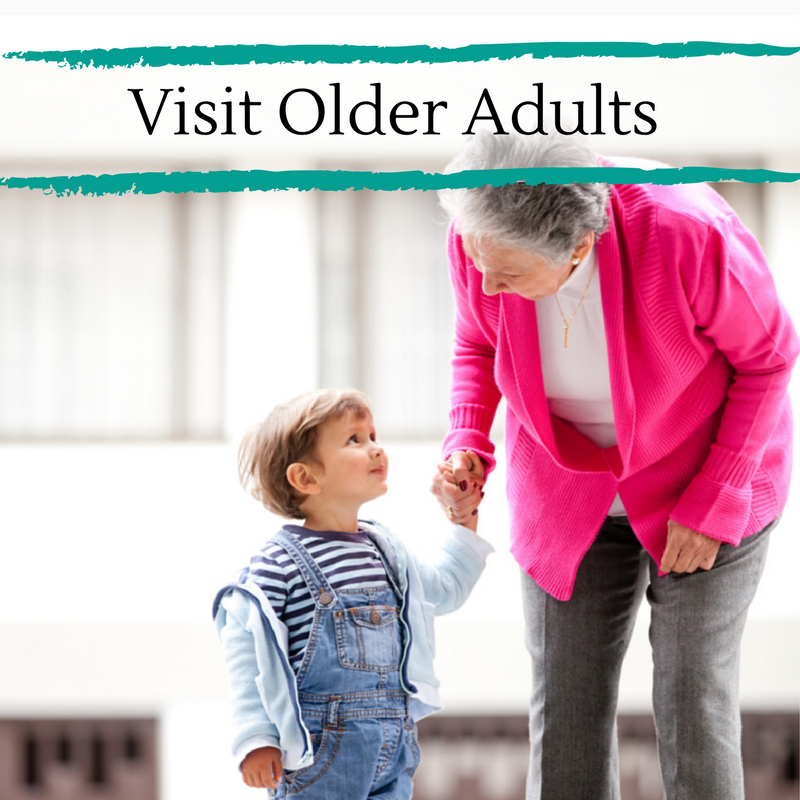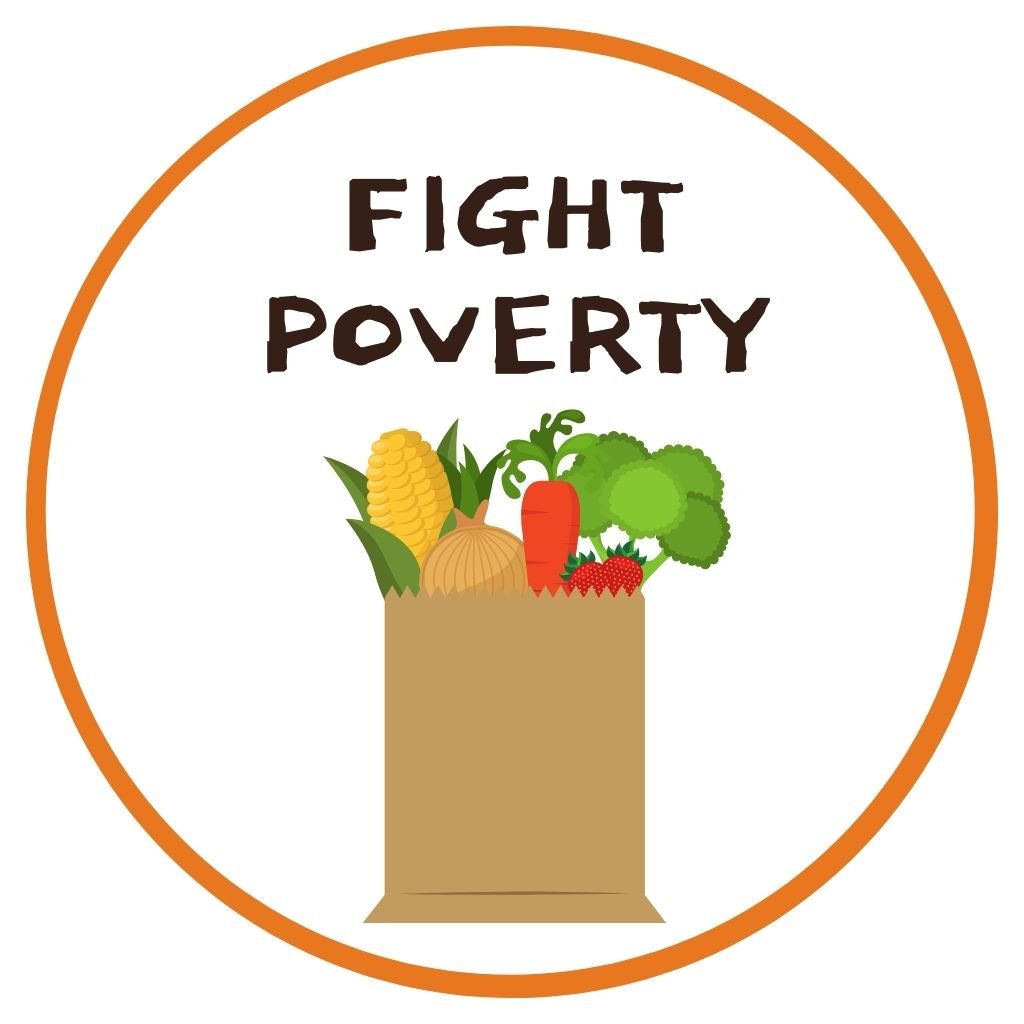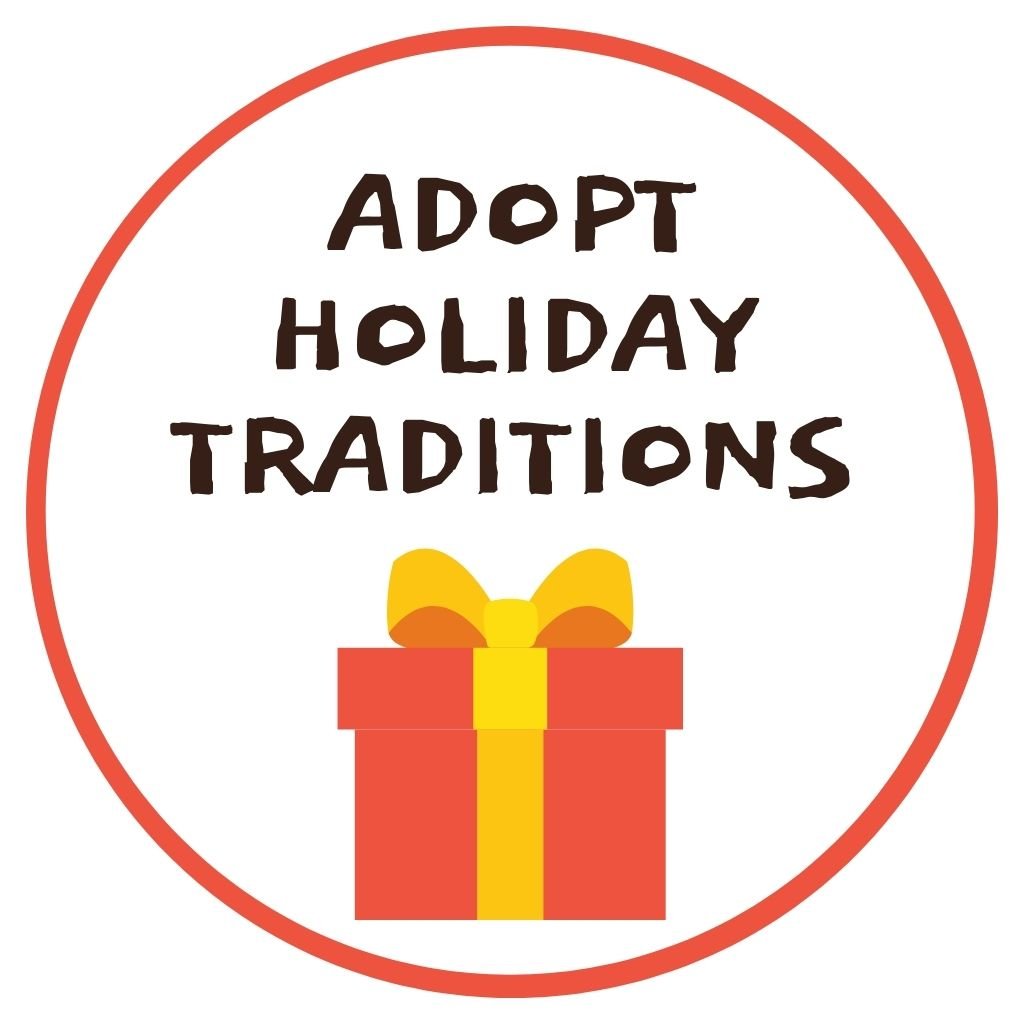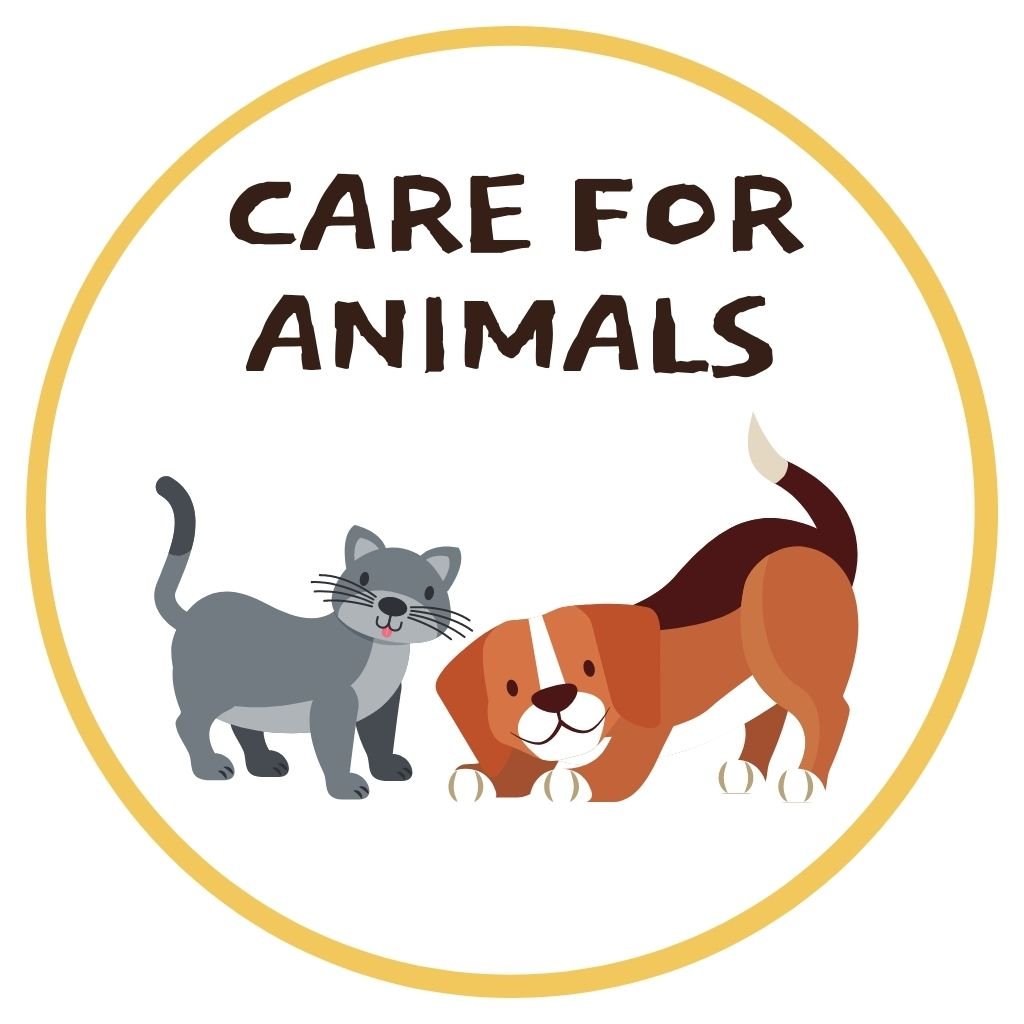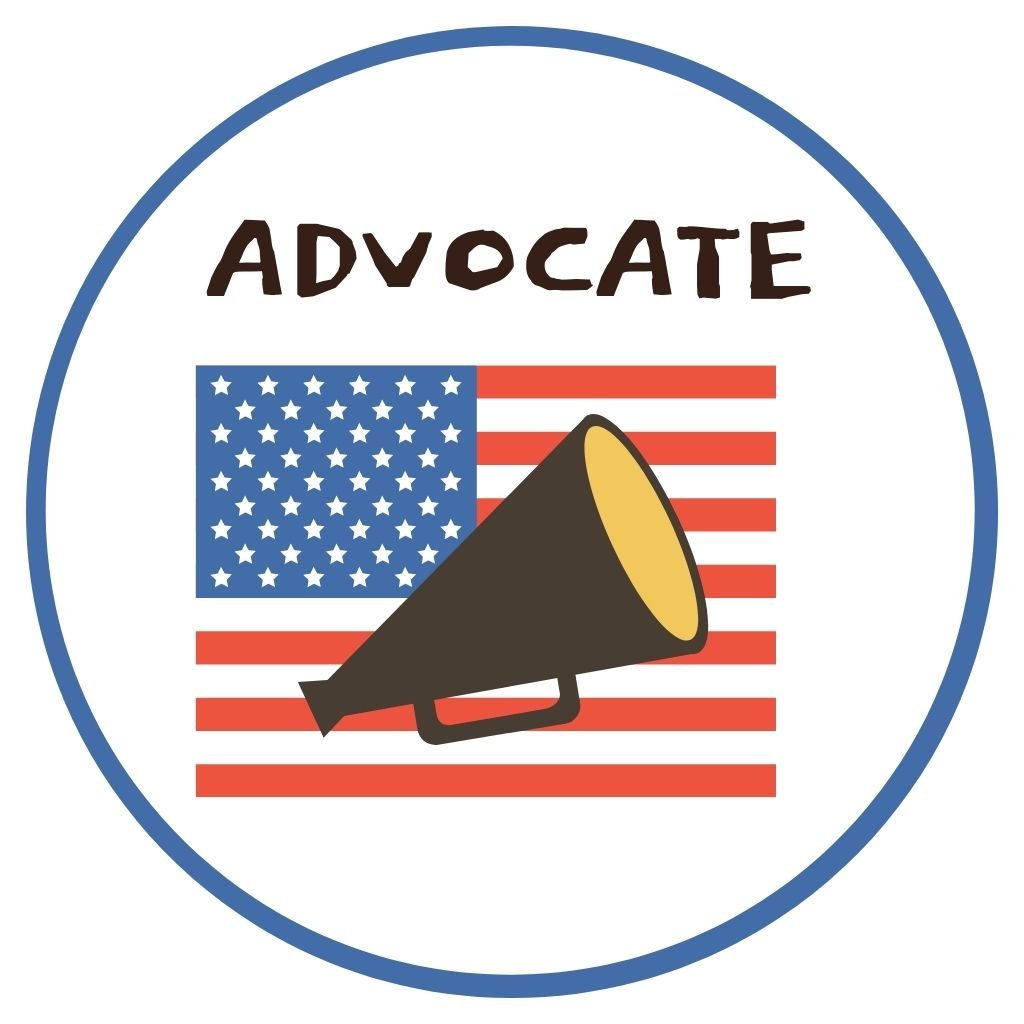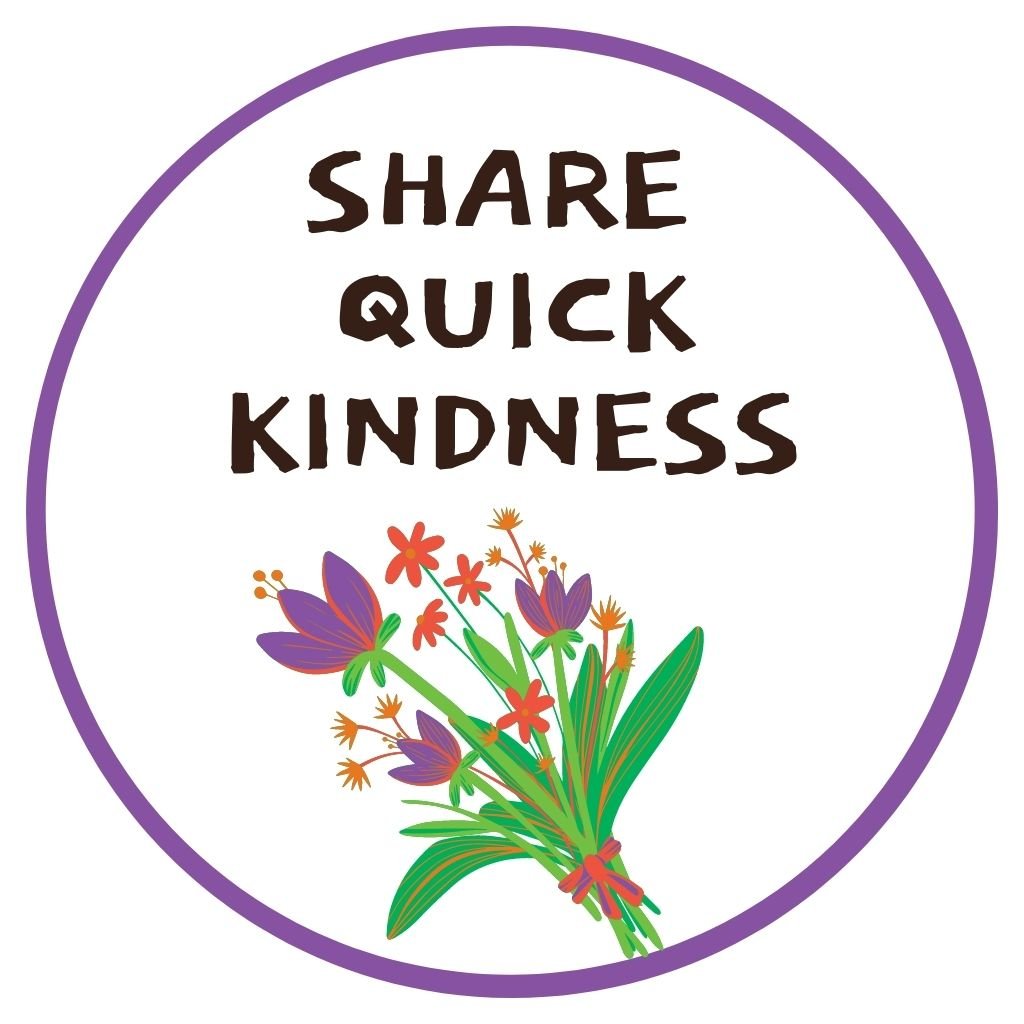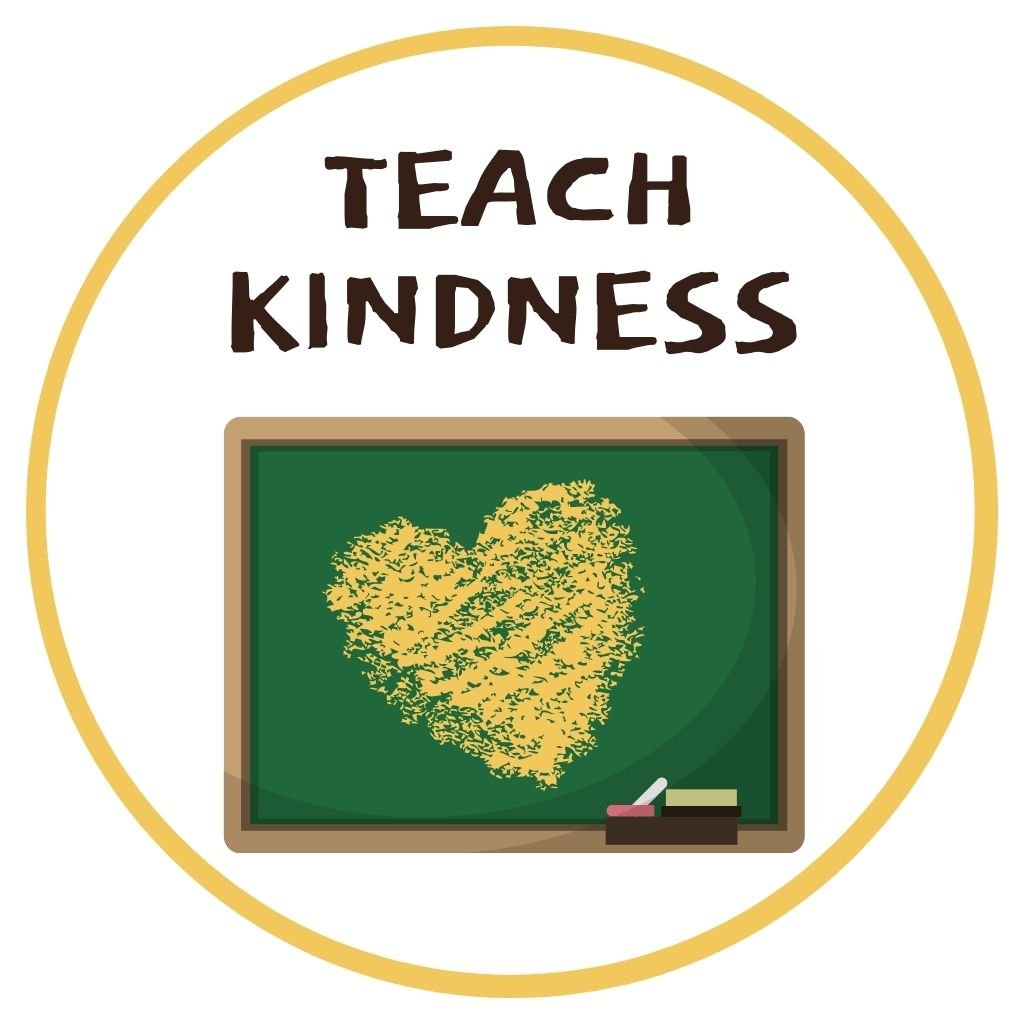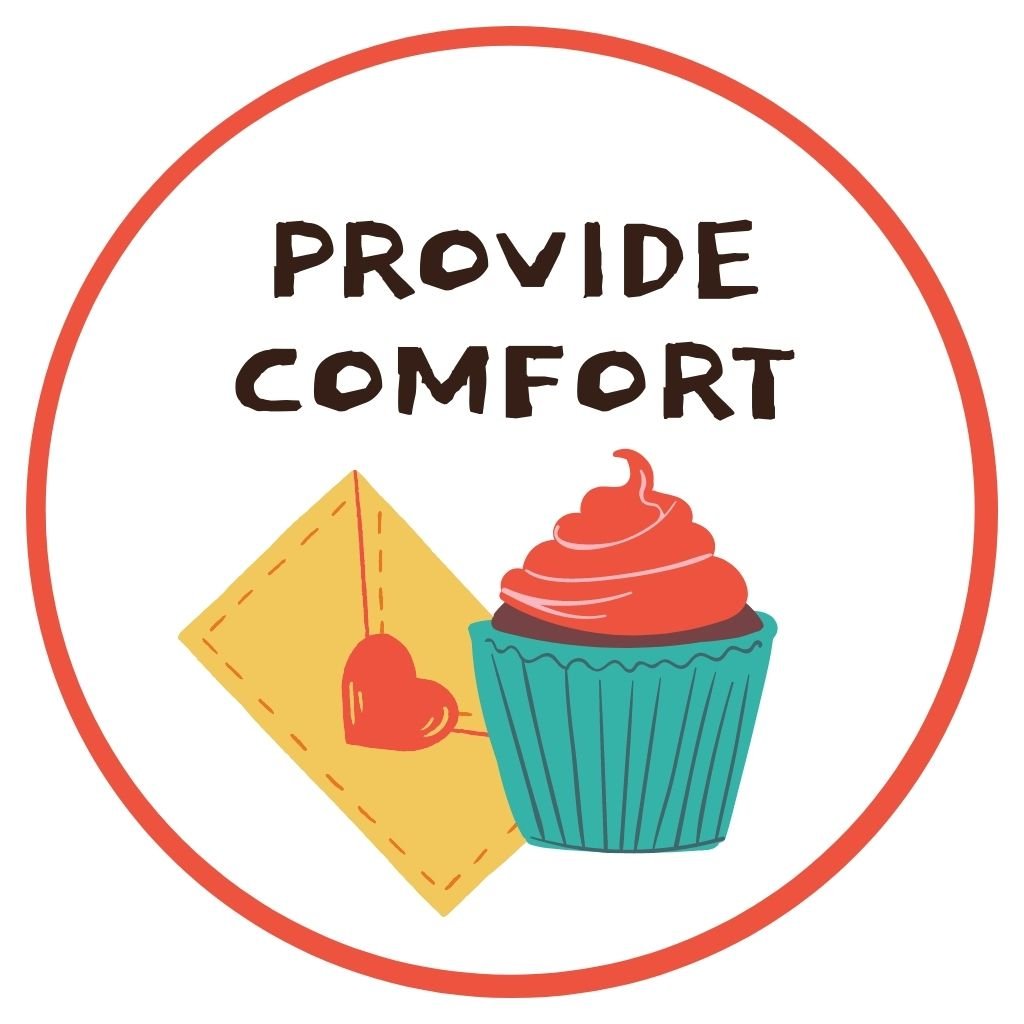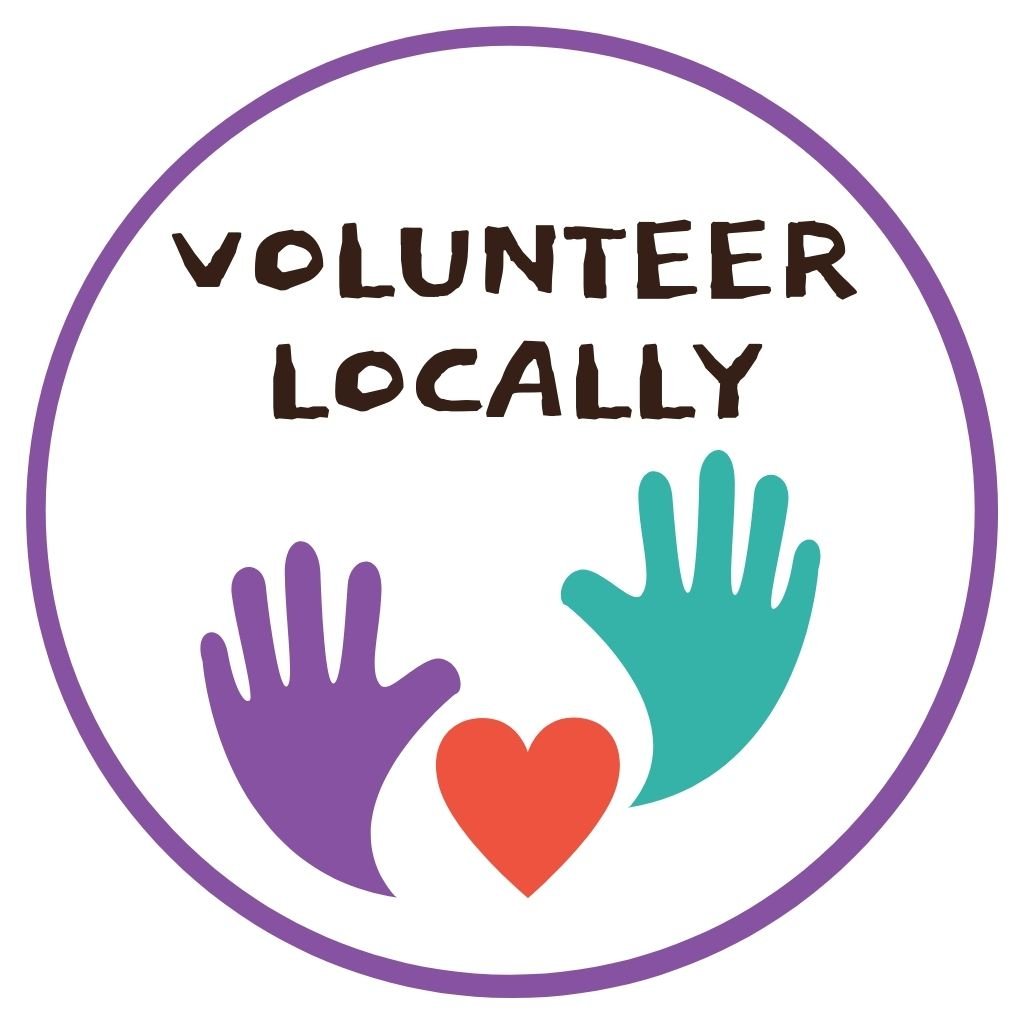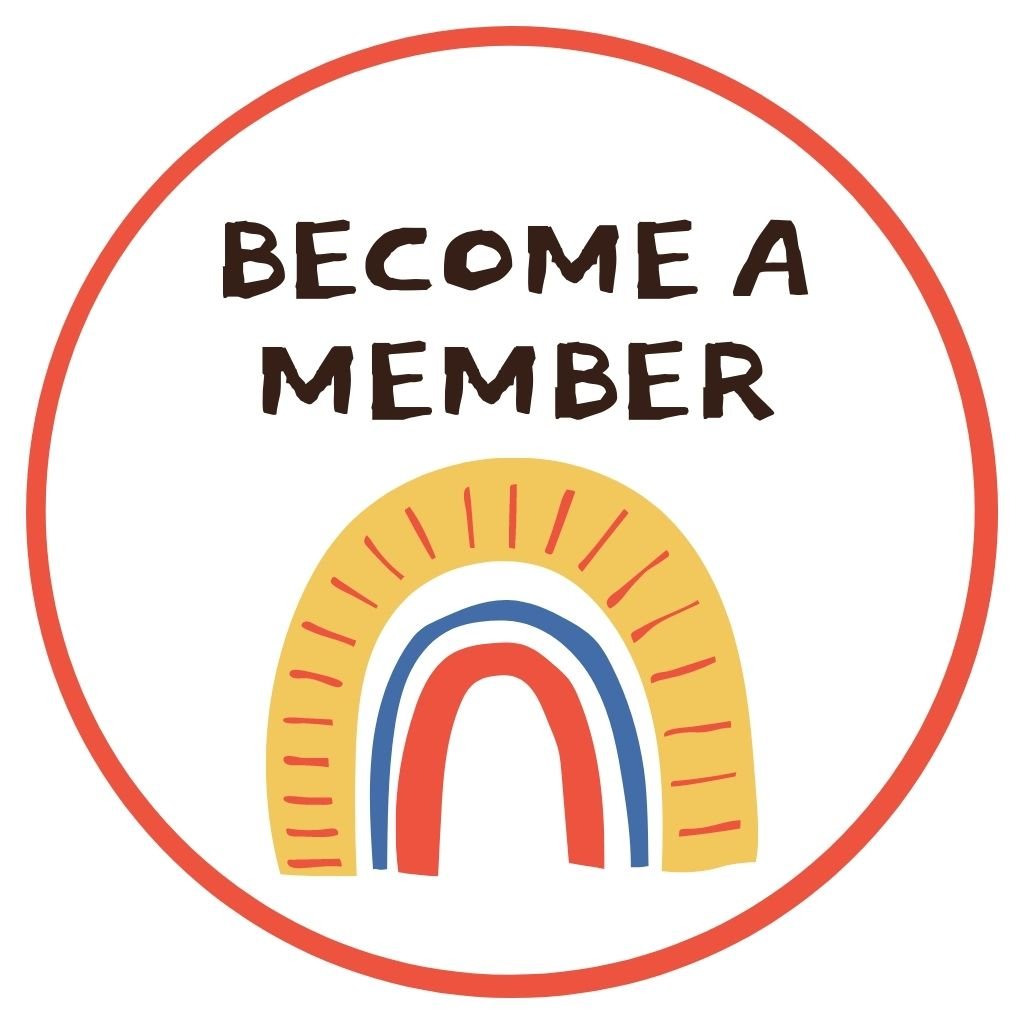Loving Hearts, Loving Kindness
Exploring 4 Lesser-Known Types of Love for Children and Families
By: Courtney Juvland, early childhood family educator
There is a particular holiday celebrated each February in the US that has a tendency to cause a love-or-hate reaction to many–Valentine’s Day. It has its origins in legends dating to 3rd century Rome and a saint (or multiple!) who married living couples in secret if their fortunes were keeping them apart. A different genesis story tells of a jailed Saint Valentine sending a love note to a young woman he missed, signing it “from your Valentine.” Whatever the origin may be, most now recognize it as a day to celebrate romantic love with cards or notes of affection, sweets, gifts, candlelit dinners, or other mementos befitting a couple.
But I never cared for this holiday until the first time a sweet 2-year-old approached me with an extended hand, a small colorful square of tagboard with a bit of chocolate scotch-taped to its back, face alight with an incandescent smile of pride at the proffered gift.
That first year teaching in our family education school, I received a small pile of glossy printed childrens cards or homemade crayon and sticker masterpieces, some candy, and a new outlook on a holiday I’d once denounced as frivolous. Working with young children and their families, I’ve come to a new appreciation of Valentine’s Day, thanks to an evolving understanding of different types of love, how children embrace them, and how parents can (and do) help to foster love in its many forms.
Below, we describe four types of love that enrich our lives and how each form shapes and nurtures the development of empathy. From the familial bonds that comfort us to the ongoing connections that sustain us socially, these types of love can have an important impact on young lives.
Storge
familial love
We parents know well the special affection we have for our children, a love that is shown in the way we tend to an injured finger caught in a cupboard door. We share this love through bedtime stories, special songs sung only for their audience; we care for their health and growth in so many small but important ways everyday. As children grow, familial love modeled for them by parents and older siblings will guide them in showing more and more reciprocal loving actions. It often takes a while, until middle childhood (age 9 and up) for it to show up reliably under their own motivation, but they will imitate and learn it much earlier, as it is shown to them. Think of the child wiping the tears away from a parent or sibling who’s crying. They are practicing storge.
Pragma
enduring love
That small child comforting their loved one might also be calling upon pragma, or the “love that lasts” as it is sometimes called. They see that family and friends are there for one another in times of hardship, ready to help where they can with words, caring actions, reliability and constancy. Pragma emphasizes dedication and patience, two attributes most parents would like to instill in their children. I’ve had some families in my classes that adopt a collective name or catchphrase that they use to highlight their unity in big and small matters, day in and day out–think “Team [Last Name Goes Here]!” Pragma is loyal and abiding.
Philia
loving friendship
This type of love shares a quality of dependability with pragma, and deep connection over time like storge. Sometimes referred to as “brotherly/sisterly love,” it is about multidirectional affection and shared experiences. These loving friendships go beyond simple utility or enjoying the same things (though to a young child, if you like the same toys you’re instant friends!) These “friendships of the good (true friendships) are based on a mutual appreciation of the virtues of one another. In these relationships, both friends enjoy each other’s characters,” as Aristotle detailed.
You can have these with work friends who become, simply, FRIENDS. You can have them with classmates, or neighbors, and even across generations. Children might enjoy loving friendship with elders (for a real heart-tug, see and example in this news story of Emmett and Erling.) Parents foster this development when they show their children their own loving friendships–taking freezer meals to your best college friend who just welcomed a new baby, or inviting your work-friends-turned-true-friends to a dinner at your family table. You might also help facilitate these friendships for your children by helping them stay in close contact with good school friends following a move, or bringing them twice a month to visit their elder friends in their senior living community for a game/puzzle day.
Agape
love for humanity
There is a kind of love that transcends even knowing the person or entity on the receiving end–universal agape love. We feel this love when we wish for a world without war or suffering. We feel it when we show curiosity about cultures and traditions outside our own. We feel it when we extend our good wishes and tangible energies to care for our planet and all the things that live on it. And this energy and love become cyclical, because as Dr. Neel Burton writes, “in the short-term, an altruistic act leaves us with a euphoric feeling, the so-called ‘helper’s high’. In the longer term, altruism has been associated with better mental and physical health, and even greater longevity.”
When we show selflessness in setting aside our plans to help a stranded pet, or go out of our way to find the owner of a stuffie left at the playground, we are demonstrating agape (and maybe including our children in the act.) Doing Good Together’s philosophy aligns beautifully with agape love; you can explore ideas to instill this love through books you read together, or choosing a big-hearted project that will inspire you all.
Perhaps you might take a page from the parenting playbook of some of my sweet young students, and extend the construction paper hearts beyond your eros (sweetheart) love this Valentine’s day. We can celebrate storge and philia, pragma and agape, on this day and every day. The world could surely use all the love we can muster.
If you like our free stuff, you’ll love our membership program!
Join today and we’ll help you keep kindness on your family calendar all year long, now with access to DGT’s popular member’s only e-books.
Browse our Pick-a-Project collection!
Disclaimer: Doing Good Together™ is a participant in the Amazon Services LLC Associates Program, an affiliate advertising program designed to provide a means for sites to earn advertising fees by advertising and linking to Amazon.com.
The recommendations we offer are based solely on our mission to empower parents to raise children who care and contribute.



